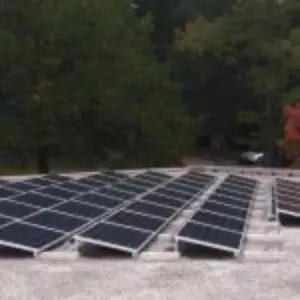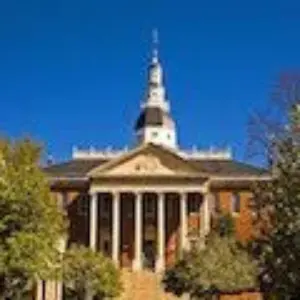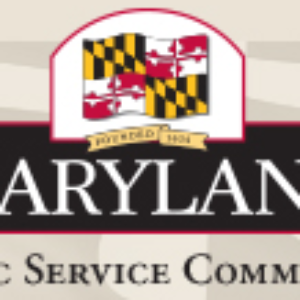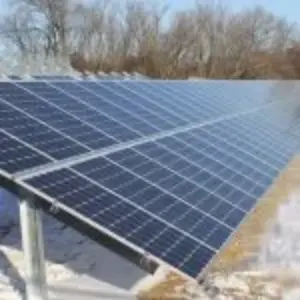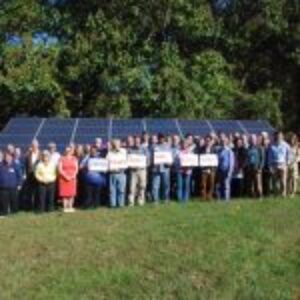Community solar in Maryland
- Factsheet
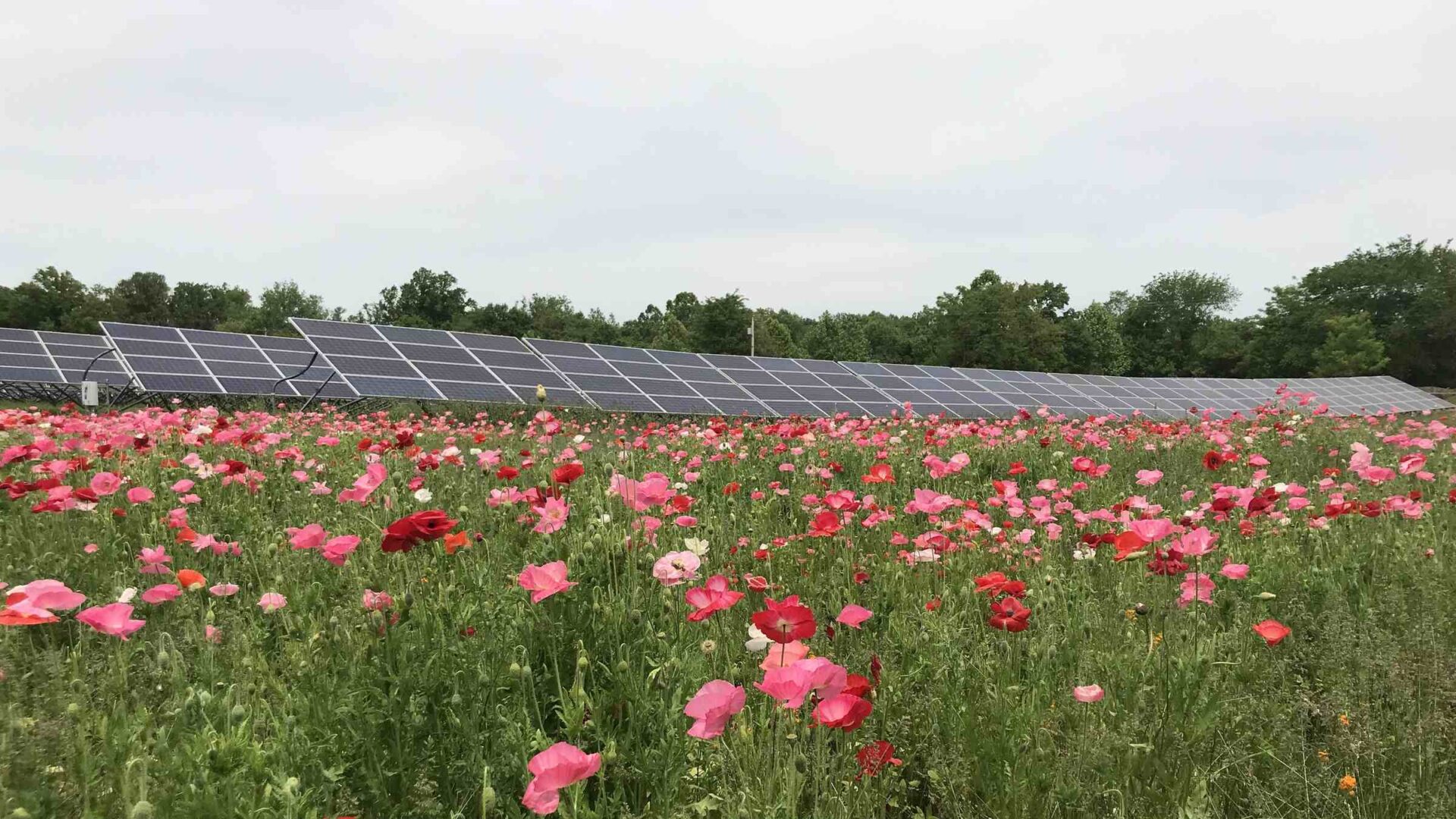
Maryland is implementing a community solar pilot program that will run from 2017-2024.
Starting in June 2017, subscriber organizations began the application process to connect their projects to the grid and subsequently request space in the program for each project. Once a project joins the program, subscriber organizations will likely begin seeking subscribers and customers. The timing for this varies by project, but several projects are open to subscribers now.
What is community solar?
Not everyone can go solar where they live. This may be because they rent. Or their roof may be a bad fit for solar. Community solar offers the benefit of solar if you can’t, or prefer not to, install solar panels on your home or business. It is a type of program that enables subscribers (you!) to receive credits for part of the energy output of a local solar panel array.
Community solar lets individuals, businesses, or organizations buy or subscribe to a “share” in a community solar project. When you join a community solar project, you receive a credit on your electric bill each month. The size of your share determines how much credit you receive.
Community solar is not available everywhere, yet. Your utility must agree to participate in community solar. Alternatively, some places require utilities to offer community solar.
Prefer to watch a video? Check out Episode 1, Community Solar Basics: Consumers.
Pilot Program Details
Size:
Approximately 414 megawatts (MW) of total installed solar capacity will be allocated across participating utility territories.
Capacity allocations are divided into three categories:
- open: 40 percent;
- low-and-moderate-focused: 30 percent; and
- small/brownfield/special: 30 percent.
Duration:
Seven-year pilot program ending in 2024.
Credit:
Equivalent to all volumetric charges, applied as a dollar or Kilowatt hour (kWh) credit.
Participating utilities:
Baltimore Gas & Electric, Delmarva, Pepco, and Potomac Edison.
Who can subscribe?
Any person or entity in the state with an electric meter account but subscribers must be in the same utility territory as the solar array.
Take action
Subscribe to a project
Project developers are in the process of putting together community solar projects.
As we hear about them, we’ll add them to our list of open community solar projects and let you know about options to subscribe.
Develop a project
In addition to traditional developers, community members are also working together to develop community solar projects. A community solar project can be located on the rooftop of a building (e.g. church, apartment, or warehouse) or on a piece of land. There are no restrictions on the types of buildings that can host community solar projects. View our resources for starting community solar projects!
Maryland resources
- Shopping for Community Solar – Solar United Neighbors guide helps you get started
- Episode 1, Community Solar Basics: Consumers
- Community Solar in Maryland – Download this report with examples of active community solar projects in the state.
- Community Solar: What you should know and how you can help! – This blog post from Solar United Neighbors is an easy-to-read rundown on why community solar is important for Maryland!
- List of Maryland community solar projects – We developed this tool to help you evaluate existing community solar projects.
- Pilot program regulations
- Public Service Commission community solar page
- Official Contract Summary Template
- Low and moderate-income verification guidelines (PSC Order 2/14/2020)
- BGE community Solar page
- Delmarva community solar page
- Pepco community solar page
- Pepco community solar resources
- Pepco subscriber organization portal
- Potomac Edison community solar page
Our farm adopted solar to power our work, love it!
Robert and Judy – Kennedyville, Maryland
History of community solar in Maryland
Get to know some of our favorite and most impactful Maryland projects.
2013-2015
Solar United Neighbors of Maryland, then known as MD SUN worked closely with a wide group of community organizations and activists to convince the Maryland legislature to pass community solar legislation.
May 2015
The Maryland legislature passed the Community Solar Energy Generating System Program into law. The pilot program was required to run for three years before legislation considered making it permanent.
July 2016
The Public Service Commission (PSC) finalized program regulations.
Fall 2016
All participating utilities filed tariffs for their service territories.
Take action in Maryland
Get the latest on solar straight to your inbox.
Fight for your solar rights.
Everyone has the right to go solar. Spread the sunshine nationwide and in your local community by taking action, joining events, and more.
